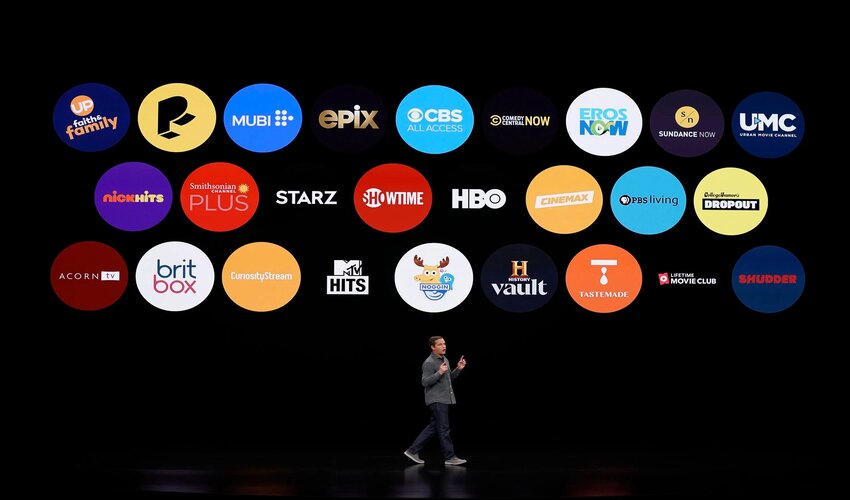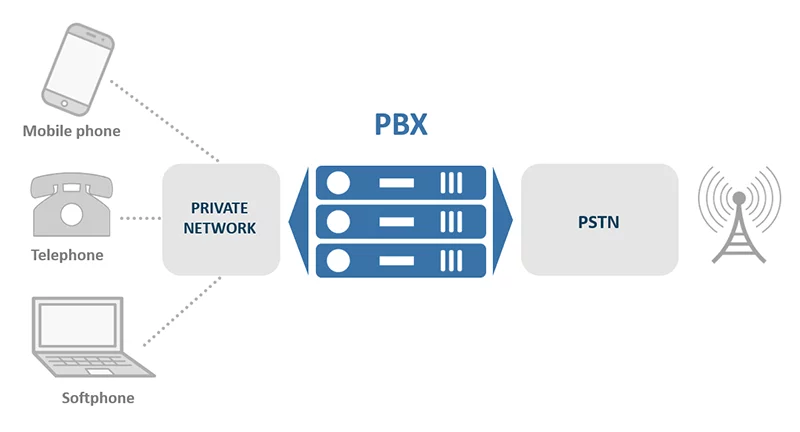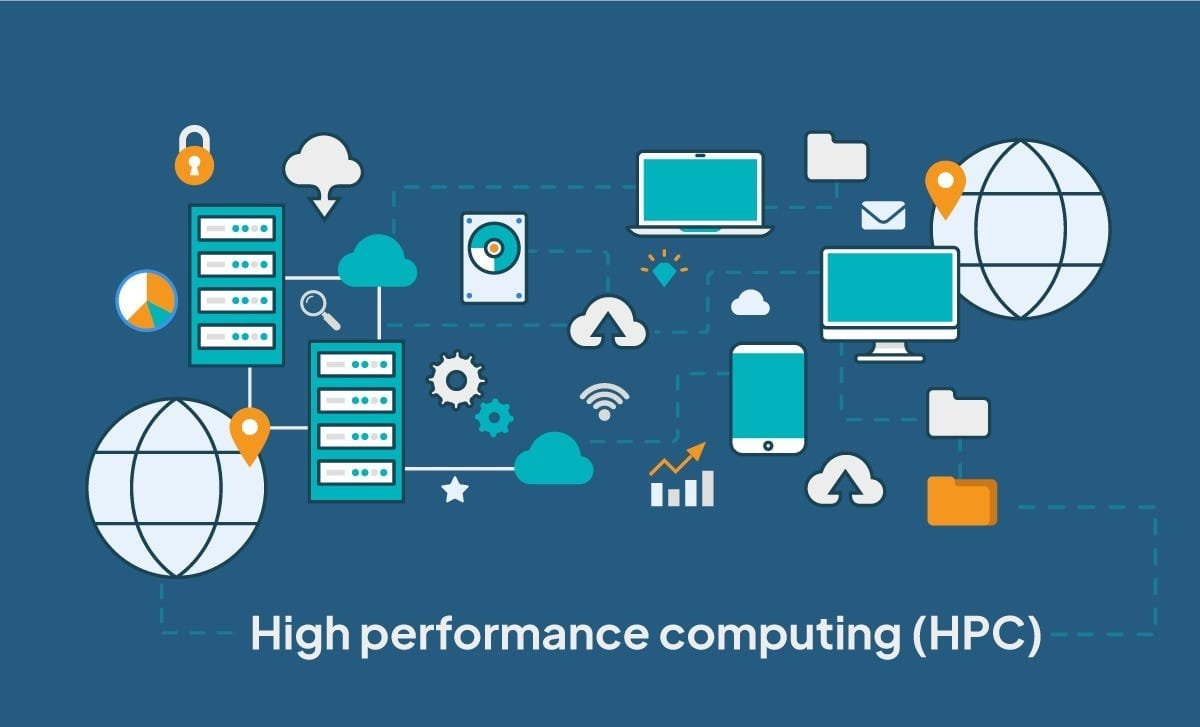With the rise of technology, everything has become more advanced and accessible. You can do online shopping, business, and studies.
Technology has opened new doors of entertainment for people, from free video calls to watching movies from your comfort zone. Similarly, streaming services are gaining popularity as a great source of entertainment. Streaming services like Netflix, Hulu, Amazon Prime, and Disney+ have grabbed the world’s attention with their fantastic content.
You can watch thousands of movies, TV shows, and documentaries from your devices. These streaming services offer vast and diverse content from horror to comedy genres. The cons of these streaming platforms is that some content is unavailable in some regions.
To unlock their premium content, you should use a suitable VPN. There are several options for streaming VPN you will find online.
However, most people need to learn that these streaming services not only serve endless entertainment options but also gather and utilize your data and watch history.
In this blog, we will discuss how streaming services use your data and watch history and what it actually means for your privacy.
Creating personalized content recommendations
One of the fundamental ways streaming services sneak your data is by making personalized content recommendations. Meaning once you have finished watching a specific movie or TV show, the streaming platform gathers your data and uses it to create similar recommendations for you in the future.
For example, if you have watched all the seasons of “Bridgerton,” the platform will recommend similar content like “The Crown” or “The Empress.”
The algorithm that navigates this procedure examines your viewing history to locate patterns and preferences. It looks up to genre, director, actors, and reviews of the content you have recently liked.
With machine learning and Artificial Intelligence, streaming services can forecast what you will enjoy next, even if you haven’t finished your current show or movie.
Moreover, personalized content recommendations come with a warning, meaning streaming services will analyze and store all of your watching data. So, whenever you watch a show or movie, the streaming platform gathers details like how much time you spent on it, what time and day of the week, and how many times you have viewed it.
Improving user connection and functionally
Streaming platforms also require your data to boost user interface and functionality besides personalized content recommendations. For example, if many people are dropping a specific show or movie in the middle, the service notes that. It may inform the crew to speed up the plot or enhance the pace of the story to keep the audience engaged.
Likewise, if many people are skipping a specific episode of a series, the streaming platforms will probably remove it from the series completely.
Besides this, streaming services can identify what device you are streaming, your location, and your internet capacity via your data. This will assist them in tracing the streaming exposure for each watching session.
For instance, if you are using a small-screen device for watching, the service detects that. To improve your watching experience, the streaming platform modifies the resolution quality. Similar things happen if you are watching on a weak internet connection. The streaming platform adjusts the resolution of the video to establish faster loading durations.
Analyzing user preferences and behavior
Streaming services also require data and watch history to attain your preferences and behavior. This assists them in locating trends and learning what kind of content the audience likes or dislikes.
For example, if the platform notices that more people are searching for mystery-related content, they will probably invest in more mystery content. Likewise, if more viewers engage in a specific movie or show on social media, the streaming platform will showcase it more obviously to others.
By examining your preferences and behavior, streaming platforms can understand the watching patterns of various age groups, genders, and demographics. They use this detail to develop targeted advertising campaigns that will likely relate to their user.
For instance, the platform may identify that most teenagers are watching “ Riverdale.” It will then probably promote it more strongly to this certain age group.
However, gathering your preferences and behavior is also an alarming situation. Streaming services are collecting vast amounts of data on how their viewers are consuming digital media. This includes your watching habits, likes, and dislikes in movies and shows.
Monetizing user data
Lastly, streaming platforms require your data and watch history to monetize your details. Meaning the platforms can use your data to trade targeted ads. Or they can pass the data to third-party companies for financial gain.
For instance, if the streaming platform has data that displays that you desire beauty products, they usually sell that data. These often go to the beauty products developers, who will later use them to promote their products on your feed.
Summary
To summarize, streaming services are drastically transforming the entertainment industry; it is crucial to be aware of how these services use your data and watch history. Remember, never leave privacy policies unread, limit the range of personal information you put and take steps to shield your privacy online.
Author Bio:
Richard works as a content specialist in OysterVPN. He has a special talent for producing user-friendly tech-oriented content for masses. In addition, his knowledge of writing makes it possible for him to cover diverse and challenging ideas into very simple guides for the general audience.















Leave a Reply